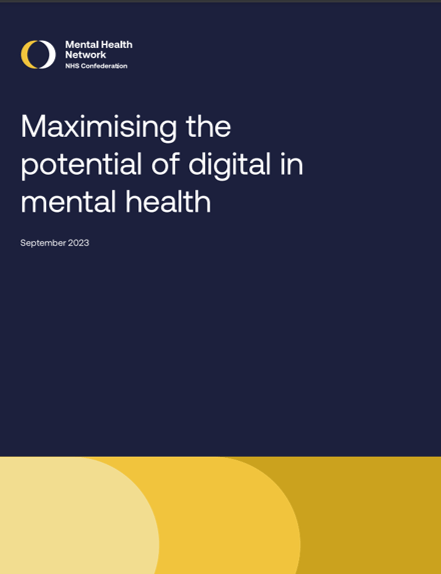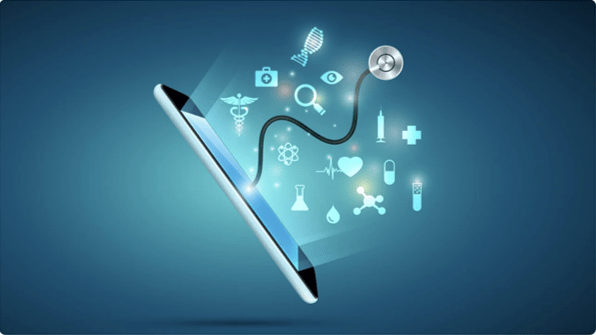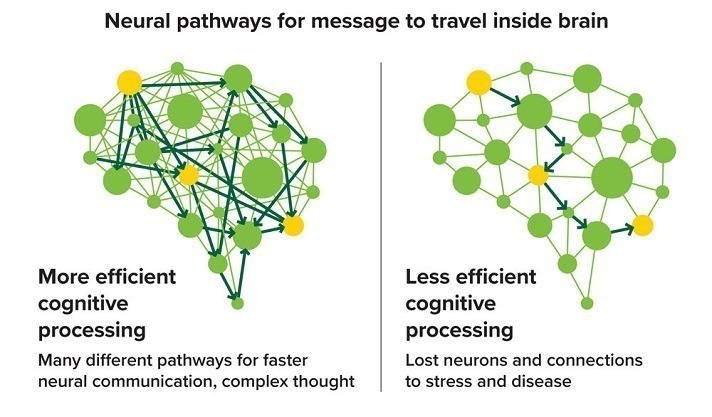Posts Tagged ‘digital mental health’
Brain Health in 2030: Navigating Neuroplasticity & the Digital Health Market
Brain Health in 2030: Navigating Neuroplasticity & the Digital Health Market from SharpBrains Keynote delivered by Álvaro Fernández, CEO of SharpBrains, during corporate retreat. Key message: Our very human brains and minds are the most sophisticated technology at our disposal, so we should invest more time learning about how they work and harnessing neuroplasticity-based methods…
Read More“To do nothing is not an option”: The NHS Confederation releases digital mental health whitepaper
The NHS Confederation–the membership organisation for healthcare providers in England, Wales and Northern Ireland– has just released a quite comprehensite 45-page whitepaper titled Maximising the potential of digital in mental health. Some of the highlights: To do nothing is not an option. If we don’t make more progress we miss a key opportunity to make…
Read MoreOn cognitive training, muscle mass, neurostimulation, brain teasers, apps, and more
Welcome to a new edition of SharpBrains’ e‑newsletter, featuring timely brain & innovation news and a few fun teasers to test your working memory. #1. Study: Building muscle mass helps delay cognitive decline beyond the value of exercise itself “Teasing out exactly how muscle helps the brain remains a challenge. There are plenty of indirect…
Read MoreUK agencies to review and update regulation of digital mental health tools
Mental health funding of £1.8m welcomed by MHRA and NICE to explore regulation of digital mental health tools (gov.uk): There has been a large increase in the number of digital mental health tools on the market in recent years. However, these products present regulatory challenges such as clarity around whether they are medical devices and,…
Read MoreHeadspace Health’s Leslie Witt on the future of mental health: Meditation, text-based coaching, teletherapy, telepsychiatry, and community
Q&A: How Headspace Health’s acquisitions alter its mental health product (MobiHealthNews): Headspace Health has revealed two acquisitions this year, the latest coming earlier this month when the digital mental health company announced the purchase of mental wellness app Shine.
Read MoreBuilding cognitive reserve helps delay memory and thinking decline regardless of genetic or childhood markers
Welcome to a new edition of SharpBrains’ e‑newsletter, featuring timely brain news and a few fun brain teasers to test your perceptual and cognitive skills. #1. Study: Building cognitive reserve helps delay memory and thinking decline regardless of genetic or childhood markers “While our childhood can influence our memory and thinking skills later in life,…
Read More




